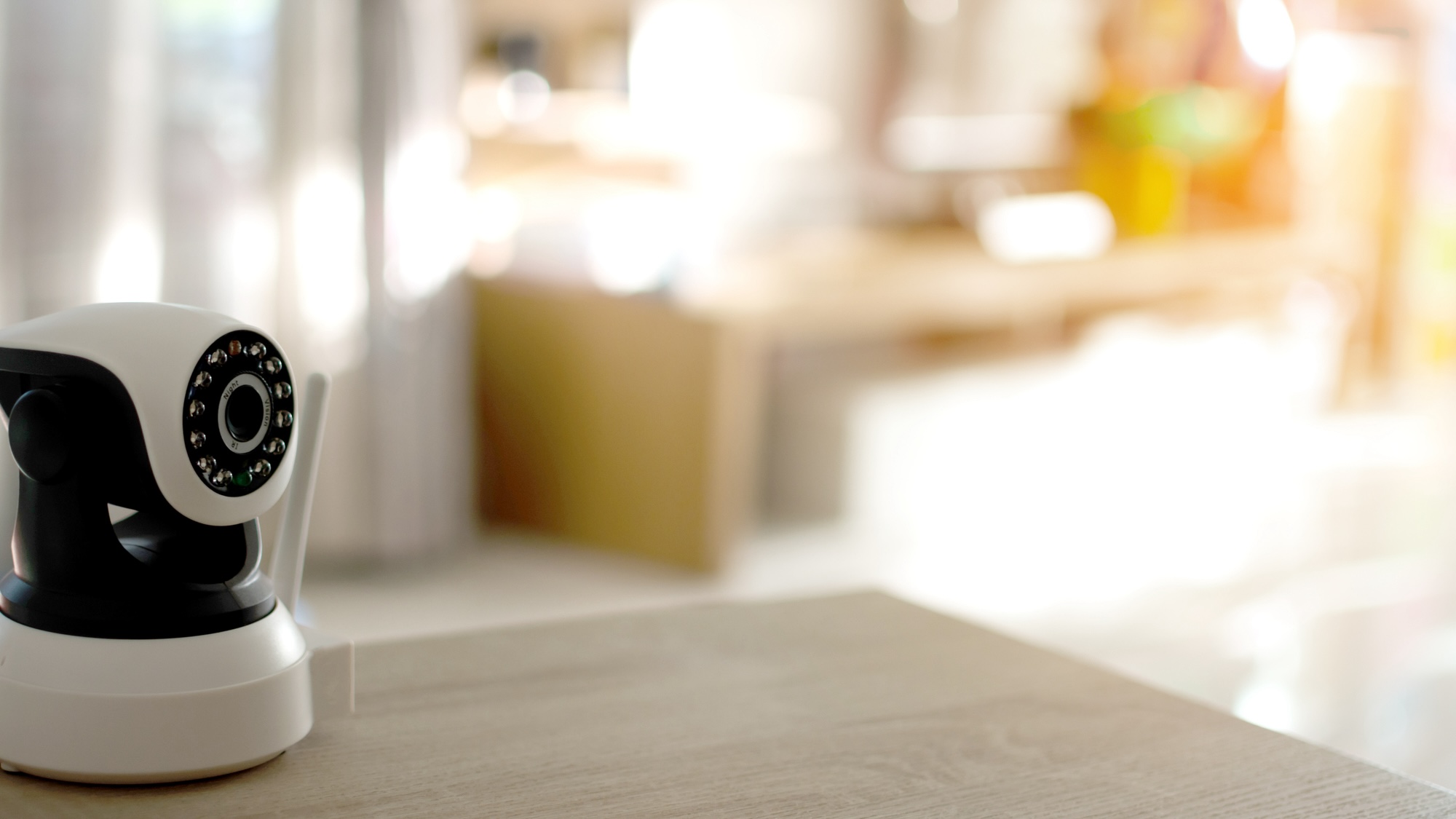

Certain Airbnb hosts will need to make a few adjustments to their properties. On Monday, the short-term rental service announced it is finally prohibiting the use of all indoor security cameras, regardless of room location. For years, hosts could install video cameras in “common areas” such as living rooms, kitchens, and hallways, so long as they were both clearly visible and disclosed in the listings. Beginning April 30, however, zero such devices are permitted within any Airbnb location around the world.
Airbnb’s head of community policy and partnerships announced that the policy shift is intended to offer “new, clear rules” for both hosts and guests while providing “greater clarity about what to expect on Airbnb.” Privacy advocates have previously voiced concerns about what footage could be captured even in Airbnb “common spaces,” and are celebrating the news.
“No one should have to worry about being recorded in a rental,” Albert Fox Cahn, executive director of the civil rights watchdog nonprofit, Surveillance Technology Oversight Project (STOP), said in a public statement. STOP has campaigned Airbnb for this specific policy change since 2022. Cahn also called the policy reversal “a clear win for privacy and safety,” citing the allegedly easy exploitation of recording devices.
[Related: How to rent out your spare room and be an excellent host.]
According to the company, most Airbnb locales do not report indoor security cameras, so the upcoming policy revision is likely to only impact a smaller portion of rentals. And while indoor video cameras are soon-to-be banned, Airbnb will continue allowing other monitoring devices in rental locations under certain circumstances. Both doorbell and outdoor cameras, for example, are still permitted, so long as these are disclosed to guests and are not angled to see inside a residence. Cameras are also still prohibited from outdoor spots with “a greater expectation of privacy,” such as saunas or pool showers.
Other devices that remain available to hosts are decibel monitors to measure a common space’s noise levels—an increasingly popular tool meant to dissuade unauthorized parties. That said, the equipment must only be designed to assess sound volume, and can’t actually record or transmit audio.
After April 30, guests can report any hosts that do not adhere to the new regulations, with penalties including listing or account bans as a result.
